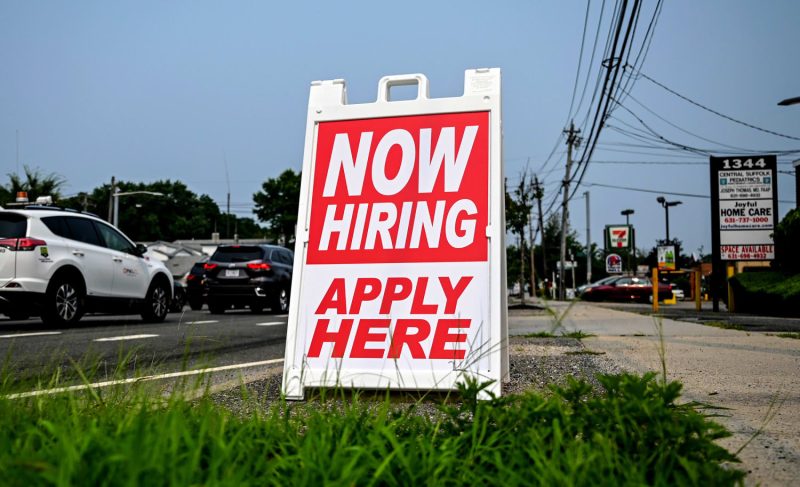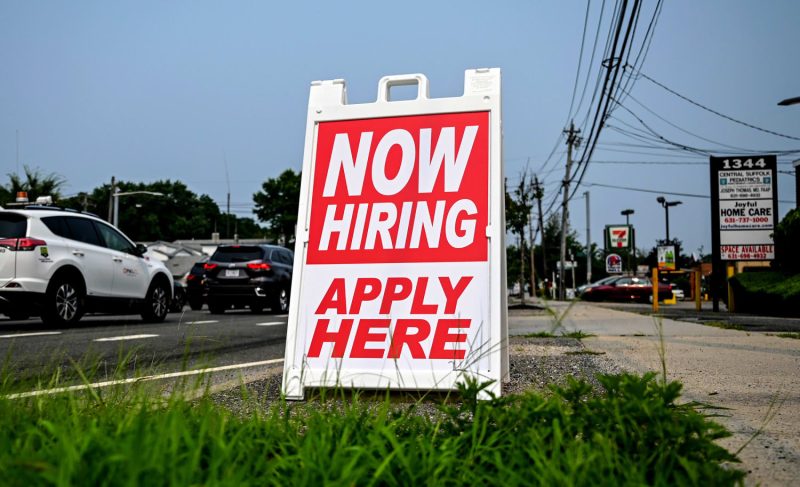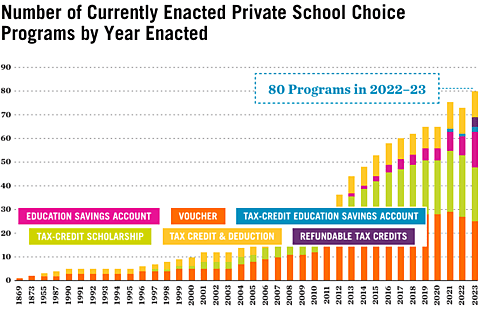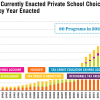
The Labor Department has announced an inquiry into the Bureau of Labor Statistics over recent changes to its data practices.
In a letter published Wednesday, the office of the inspector general for the Labor Department cited the BLS’ recent decision to reduce data collection activities for two key inflation reports, as well as the large downward revision in employment estimates it announced Tuesday. It said it is reviewing the ‘challenges’ the agency has faced ‘in collecting and reporting closely watched economic data.’
The probe comes one month after President Donald Trump fired the head of the BLS as part of a broader pressure campaign that critics say has risked politicizing a part of the government that has long played a crucial role in the business world. The BLS, which is tasked with collecting data on economic indicators such as jobs and inflation, had generally been left alone by previous administrations.
But Trump began zeroing in on the BLS as his frustrations with the Federal Reserve mounted, coinciding with economic numbers that started to warn about a broader U.S. slowdown.
Since then, the labor market has slowed considerably. Just before the head of the BLS was fired, the department released a weaker-than-expected jobs report, citing claims of data manipulation that critics say are unfounded.
Federal Reserve Chair Jerome Powell, another frequent target of Trump’s, has said Fed policymakers are ‘getting the data that we need to do our jobs’ and stressed the importance of the federal statistical agencies.
‘The government data is really the gold standard in data,’ he added. ‘We need it to be good and to be able to rely on it.’
Trump then nominated E.J. Antoni, an economist with the far-right Heritage Foundation, as the new head of the BLS, a move many economists have criticized.
Trump and other BLS critics have focused on the department’s revisions to its reports, a practice that dates back decades and has been generally seen as a necessary part of the challenge of collecting near-term economic data. It has also faced other challenges in data collection, including budget challenges and low response rates to its collection efforts.
The BLS previously said the decision to reduce inflation data surveys was necessary given existing budget constraints. Meanwhile, mainstream economists say the latest downward revisions — while large — are part of a routine annual process known as benchmarking.
While response rates to the bureau’s surveys have been declining, researchers recently found that revisions and falling response rates did not reduce the reliability of the jobs and inflation reports.



















